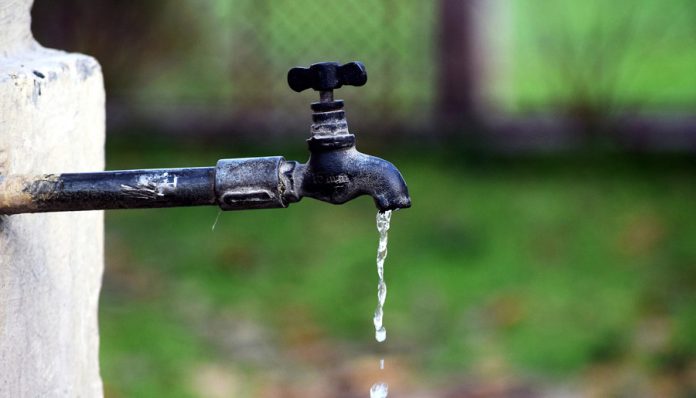New Delhi, Feb 4: Pitching for supplying water to all households in urban areas, the government has launched Jal Jeevan Mission (Urban) in accordance with SDG goal.
Designed to provide universal coverage of water supply to all households through functional taps in all 4,378 statutory towns, Finance Minister Nirmala Sitharaman has announced Jal Jeevan Mission (Urban) in the Budget.
Besides, providing coverage of sewerage/septage management in 500 AMRUT cities is the other focus area of the Mission.
The total outlay proposed for JJM(U) is Rs 2,87,000 cr which includes Rs 10,000 cr for continuing financial support to AMRUT Mission.
The Mission envisages rejuvenation of water bodies to augment sustainable fresh water supply and creating green spaces and sponge cities to reduce floods and enhance amenity value through an Urban Aquifer Management plan.
JJM(U) will promote circular economy of water through development of a city water balance plan for each city focusing on recycle/reuse of treated sewage, rejuvenation of water bodies and water conservation.
20 per cent of water demand to be met by reused water with development of institutional mechanism.
According to the estimate, there is a gap of 2.68 crore in urban household tap connection to be covered under JJM(U).
The Mission also envisages Peya Jal Survekshan to be conducted in cities to ascertain equitable distribution of water, reuse of wastewater and mapping of water bodies with respect to quantity and quality of water through a challenge process.
Mission has a reform agenda with focus on strengthening of urban local bodies and water security of the cities. Major reforms are reducing non-revenue water to below 20 per cent; recycle of treated used water to meet at least 20 per cent of total city water demand and 40 per cent for industrial water demand at State level; dual piping system, electric vehicle charging points; Wi-fi infrastructure in new buildings; unlocking value and improving land use efficiency through adequate urban planning; GIS based master plans of the cities; raising funds through issuance of municipal bonds and rejuvenation of water bodies.
In order to promote Public private partnership, it has been mandated for cities having millions plus population to take up PPP projects worth minimum of 10 percent of their total project fund allocation.
For Union Territories, there will be 100 per cent central funding. For North Eastern and Hill States, central funding for projects will be 90 percent. Central funding will be 50 per cent for cities will less than 1 lakh population, one third for cities with 1 lakh to 10 lakh population
and 25 percent for cities with a million plus population.
The Mission will be monitored through a technology-based platform on which beneficiary response will be monitored along with progress and output-outcome.
Funding from the Government for projects will be in three tranches of 20:40:40. Third installment onwards will be released based on outcomes achieved and credible exclusion will be exercised while funding.


